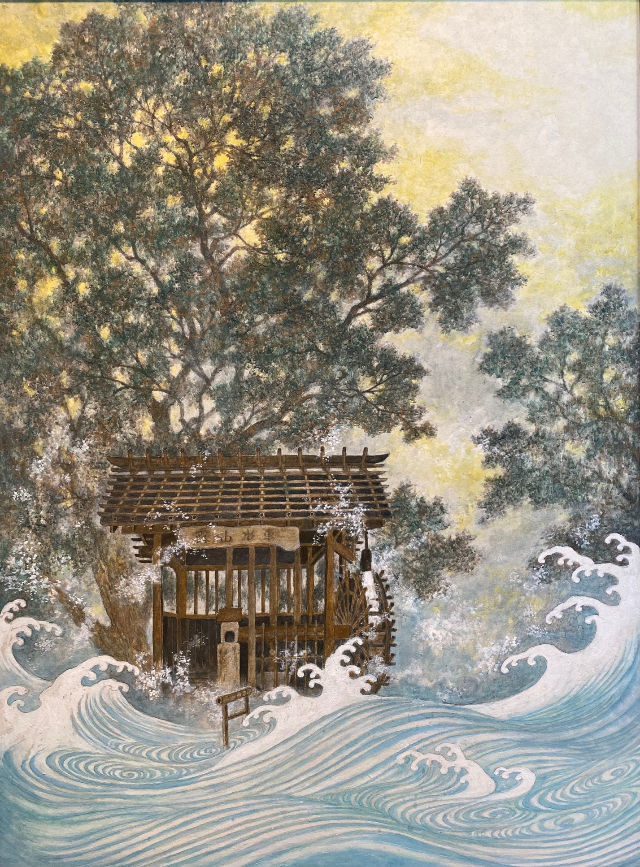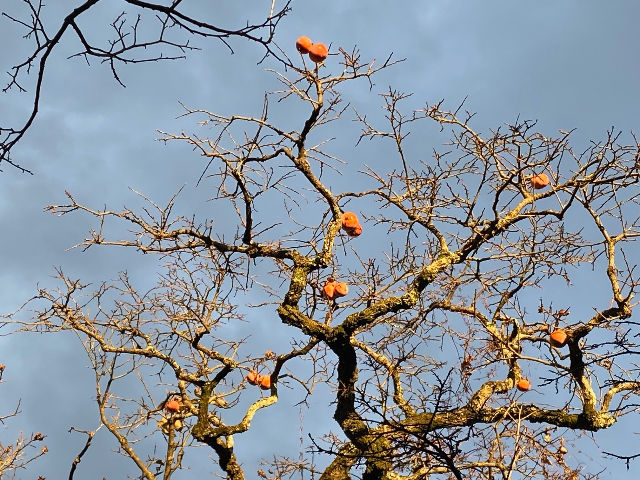COVID IN THE COUNTRYSIDE
- Rebecca Otowa
- Mar 11, 2021
- 4 min read

Spring festival procession, involving half the town, hundreds of years old – canceled for the first time since large-scale roadworks prevented it in the 1950s (and not canceled in recorded memory before that). Canceled for two years in a row, which has never happened before. Summer Bon-Odori festivals – canceled. Town festival with fireworks – canceled. Town athletic meet – canceled (gasp). Dinner parties, village trips, choral concerts – all canceled.
This is what Covid looks like in the countryside. In Shiga prefecture, the numbers of cases and deaths are few – not yet 3-digit figures, even now. I don’t personally know anyone who has come down with it, nor do my neighbors and friends. Last autumn there was consternation because the first case in our town had been detected – a young adult who had been to a party in the Big Smoke and brought it back with her.
Yet, the national guidelines have spoken, and we have to toe the line like everyone else. Though children go to school, they wear masks from the moment they leave the house until they come home. Though townspeople go to the grocery store (and the fitness center, which is sporadically open), they do the mask and hand disinfectant thing at the entrance. In public places, schools, supermarkets, town hall, surfaces are regularly wiped down. Toilet paper, masks, and disinfectant are readily available.
Except for all the things that are canceled, it looks mostly like business as usual. But there is a definite feeling of loss. There isn’t that much to do in the countryside anyway, and people really do look forward to seeing their friends at the festivals and dinners. With most of them canceled, it feels even draggier than usual. Not much to look forward to except spring with its welcome need for work in the garden and, hopefully, warmer days.
I hold an adults’ English conversation class at the municipal library. But I had to keep postponing classes until eventually I just told everyone we wouldn’t be convening for a year. Now the year is up, and we had our first (masked) class last week. Everyone seemed really glad to be back. Nobody seemed particularly bent out of shape about Covid, except for the cancellations. It’s tricky to hold an English conversation class with masks (though for me it beats Zoom), and we aren’t allowed to close the door or have more than six people in the room at a time, but we are managing. It’s a good opportunity to teach people to speak up and not mumble!
I do get the impression that people are starved for human contact. But then, this is nothing new. For us, who live in the countryside, Covid has accelerated what was already happening: the slow, steady eroding of social life and everything we look forward to and hold dear. It’s been going on for a while now, and won’t stop any time soon.
As in many places around the world, the countryside is dying. Even 35 years ago, when I first came to live here, although there were many traditional events and pastimes, young people were fleeing the place as fast as they could, and they weren’t coming back. What is there to come back to, especially now? My son and his family escaped Covid in the US when he was transferred in the nick of time back to Japan in spring last year. They have been arranging a large part of our house to be their living space ever since, with many upheavals for everyone. The young family members keenly feel the isolation and lack of amenities here, chafing to be back in Silicon Valley where it seemed everything was available. My son laments that things are so different, so much quieter and more boring, in the village than they were when he lived here 30 years ago. Well, yeah, especially in 2020 when everything that was remotely interesting was canceled; but even before that, it seemed like centuries-old traditions were disappearing by leaps and bounds, and not being replaced with anything.
There was a spiritual life here that has been fading. O-Jizo statues at every corner were taken care of before, but now the old people who took care of them have died or been shunted into homes, and where are their successors? The village hall was the venue for monthly meetings and events of various kinds; now it stands empty. My husband says people of our generation feel it is mendokusai (too much trouble) to organize new things, but I think it’s because they are tired, and don’t see a future in it. Why uphold the original traditions, or start new ones to replace the old, if there is no one to carry them on?
We still enjoy the shishimai (lion dance of purification) in January, and have upped our donation to help that group, which travels to our town yearly from Ise. Our family still makes mochi the old-fashioned way, and this year we will experiment with planting and harvesting a rice field by hand, as in the “good old days”. We still belong to a temple which, although the parish consists of only 10 families, recently welcomed a new priest who is definitely an asset to the village. Considering the freedom to go to school and work, and to shop for necessities which are readily available, we are not doing too badly.
I don’t hope for a “return to normalcy”. For us, normal was already getting more lonely, more isolated, and more uneventful every year anyway. Covid has accelerated this; it has nudged us just a little bit closer to the abyss. Will we survive as communities, and if so, how and for how long? These are the questions in the back of our minds, we countryside dwellers – Covid or no Covid.
(The picture accompanying this blog shows Mrs. Kato in front of her shop. This picture was taken on the last day it was open, back in 2016. It was the last shop in the region -- the nearest shop is now more than 1/2 hour away on foot.)



Oddly, my "likes" aren't showing up. I'm going to go back and "like" older posts now, and hope this time it sticks! (I was using my phone before.)